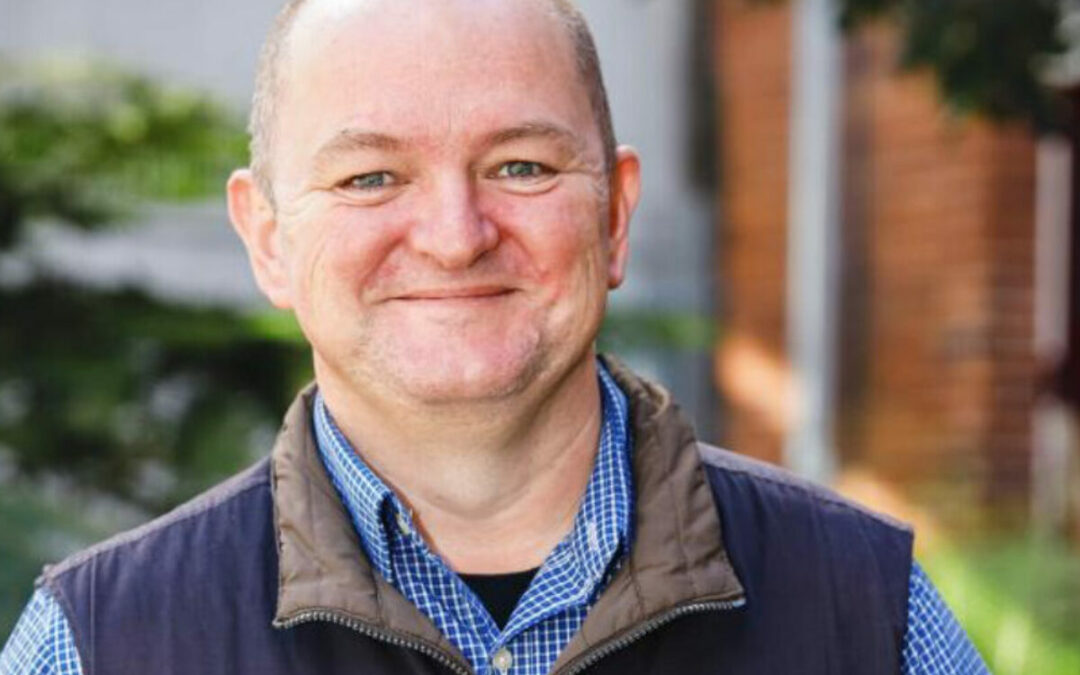Staff Reporter
22 July 2024 11:51
A Queensland University of Technology-led team has been awarded a grant worth $US 3.98 million (about $5.97 million) from the Bill & Melinda Gates Foundation to develop a process for converting crop waste into higher-quality feed for livestock.
In a statement from the university on Monday, Associate Professor Mark Harrison from the Centre for Agriculture and Bioeconomy said the overall aim was to improve the nutritional value of feed from residues through R&D on thermochemical processing and in-bale treatment.
This could have big implications for small-scale producers in India and Africa, he added.
“QUT has already demonstrated thermochemical processing of sugarcane waste (bagasse) at pilot-scale production of up to 100 kg of dry matter per day that increased rumen digestibility for beef cattle to 80 per cent,” said Harrison.
“For this project, we propose to expand the demonstration of these technologies at pilot-scale to key Australian crops, such as rice straw, sugarcane tops and trash, and wheat straw, of which some or all are available in tropical and sub-tropical countries in Africa and regions in India.”
Harrison – who had “extensive research” experience related to the field, said the project could revolutionise small-scale livestock farming in Africa and India by boosting productivity and income.
“Additionally, it would contribute to environmental sustainability through the reduction of greenhouse gas emissions,” he added..
“This funding will help us develop and commercialise innovations that will not only lead to higher income for small-scale producers (SSPs) but also improve livestock producers’ nutrition and that of their communities.
“It will also aid in the economic empowerment of women, who currently spend a lot of time collecting crop residues to keep livestock alive during the dry season.
“Crop residues are a major source of feed for ruminant livestock for SSPs in the tropics during both typical dry seasons and droughts, but they are of poor quality and often have less than 30 per cent digestibility.”
Harrison’s team includes engineers and scientists from QUT, Central Queensland University and Fodder Academy.
Picture: Mark Harrison (credit QUT)

